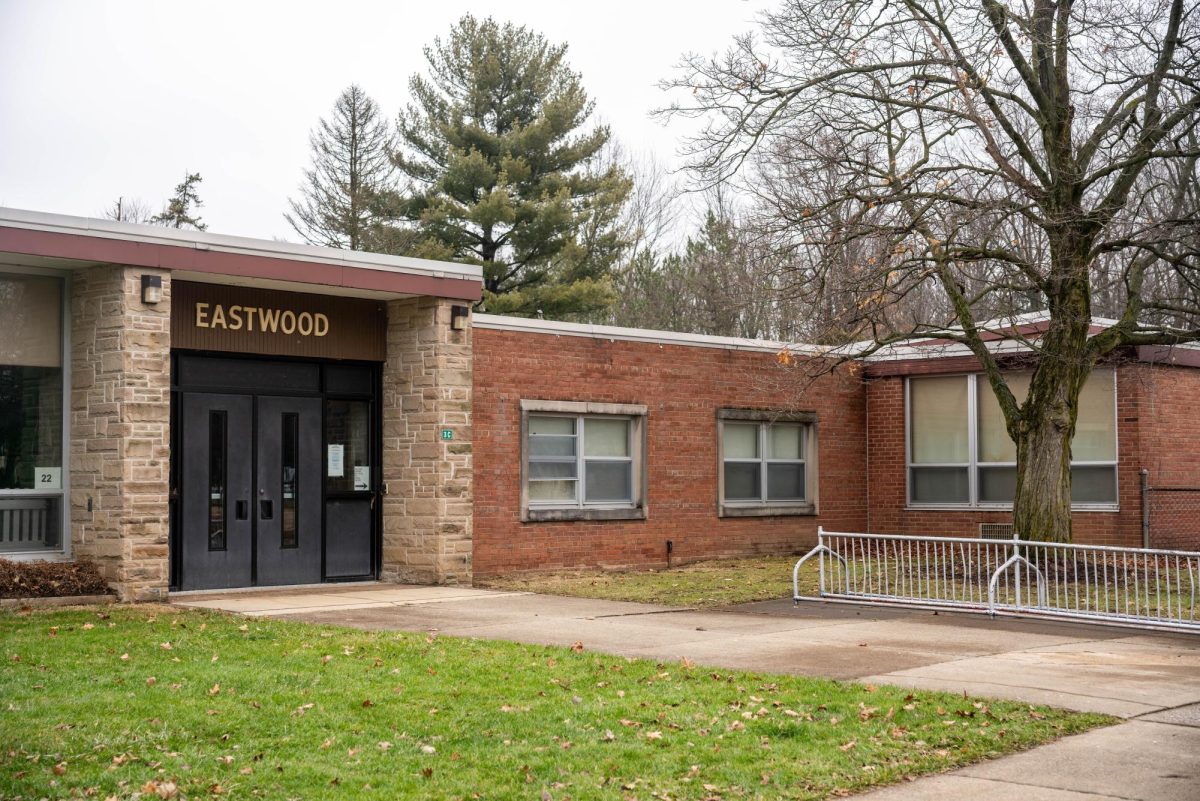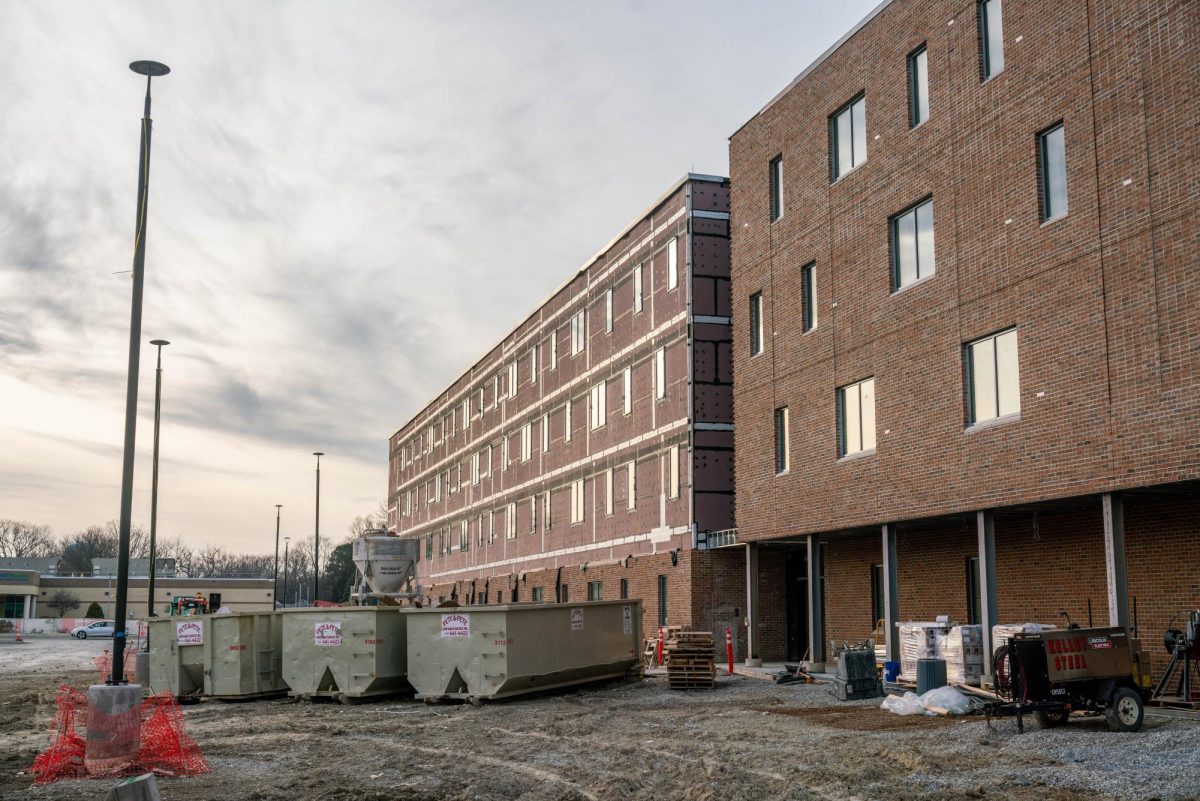Undue Medical Debt, a 501(c)(3) nonprofit that is working to cancel medical debt for communities throughout the US, will partner with the City of Oberlin to cancel the medical debt of Oberlin residents living within 400 percent of the federal poverty line or having medical debt higher than 5 percent of their household income.
Undue Medical Debt, which was originally called RIP Medical Debt when it was founded in 2014, is a donor-funded organization that partners with government agencies to acquire and cancel medical debt for those who are burdened by financial hardship.
According to City Equity Coordinator Terri Richardson-Sanders, then-Councilmember Kelly Singleton inquired about partnering with the nonprofit in 2023. Richardson-Sanders then learned that the Akron City Council also used its services to cancel debts for some of its residents. The non-profit then made a presentation to the Council at its Nov. 6, 2023, meeting and finalized an agreement with Undue Medical Debt in January 2024.
Medical debt can be a major problem for families who become saddled with it. When a person is unable to pay a medical bill, that bill is then considered a medical debt to be paid off by the patient. That debt can be sold by the hospital to a debt collection agency, which can then try to collect the debt from the patient. The hospital can also try to collect the debt themselves or warehouse the debt. Hospitals can write off these debts as business losses, as the service was rendered, but the bill was left unpaid. Previously, having medical debt could also negatively impact a person’s credit score, making it harder to take out loans or get jobs. In January 2025, the Consumer Protection Financial Bureau introduced a rule that removes medical debt from credit reports.
Medical debt disproportionately impacts communities of color and can be a contributor to poor physical and mental health. In Ohio, the percentage of white people with medical debt is 14 percent, while the percentage of communities of color with medical debt stands at 21 percent.
During their initial presentation to Council, Undue Medical Debt also spoke about the pernicious effects of these debts on families who hold them. They said that 63 percent of families cut down on their spending on food, 48 percent used up most or all of their savings to pay it off, 40 percent took on extra work, and 17 percent declared bankruptcy or lost their homes.
Once they partner with a governmental agency, Undue Medical Debt works with hospitals and healthcare providers to acquire data on unpaid debt that those hospitals have. Undue Medical Debt then works to identify debt that meets its criteria for relief and acquires it. Upon the acquisition of the debt, they notify recipients that the debt has been acquired and canceled “as a gift.” According to Richardson-Sanders, these healthcare providers are not obligated to work with Undue Medical Debt, but it allows the provider to unload bad debts to Undue Medical Debt that would otherwise show badly in their books, as those debts will likely not be paid. This incentivizes them to cooperate with the process.
Last month, the City and Undue Medical Debt finalized the language of the letters to be sent out to the recipients of the cancellations, and eligible residents should have received the letters in the week of Jan. 23. Residents do not have to fill out any forms or apply for the relief, as hospitals and providers should have already provided their names to Undue Medical Debt.
The City has allocated $24,000 from the General Fund to the program, and the organization claims that for every $1 that they raise, they can cancel $100 of debt. A beneficiary of the program must be a resident of Oberlin; in other words, they must have a postcode of 44074. Being a recipient means that the debt is canceled with “no strings attached,” and the cancellation will not show up as earned income and require the payment of any additional taxes.
The current Federal Poverty Line for the 48 contiguous states and the District of Columbia is set at $15,650 for a single-person household, $21,150 for a two-person household, $26,650 for three people, and $32,150 for four people. Those who are within 400 percent of this line will be eligible under this program.
Richardson-Sanders also emphasized that the privacy of the recipients would be protected through the process.
Councilmember Kristin Peterson said that she was grateful for the plan.
“The program will help residents and for that I am grateful,” she wrote in an email to the Review.







